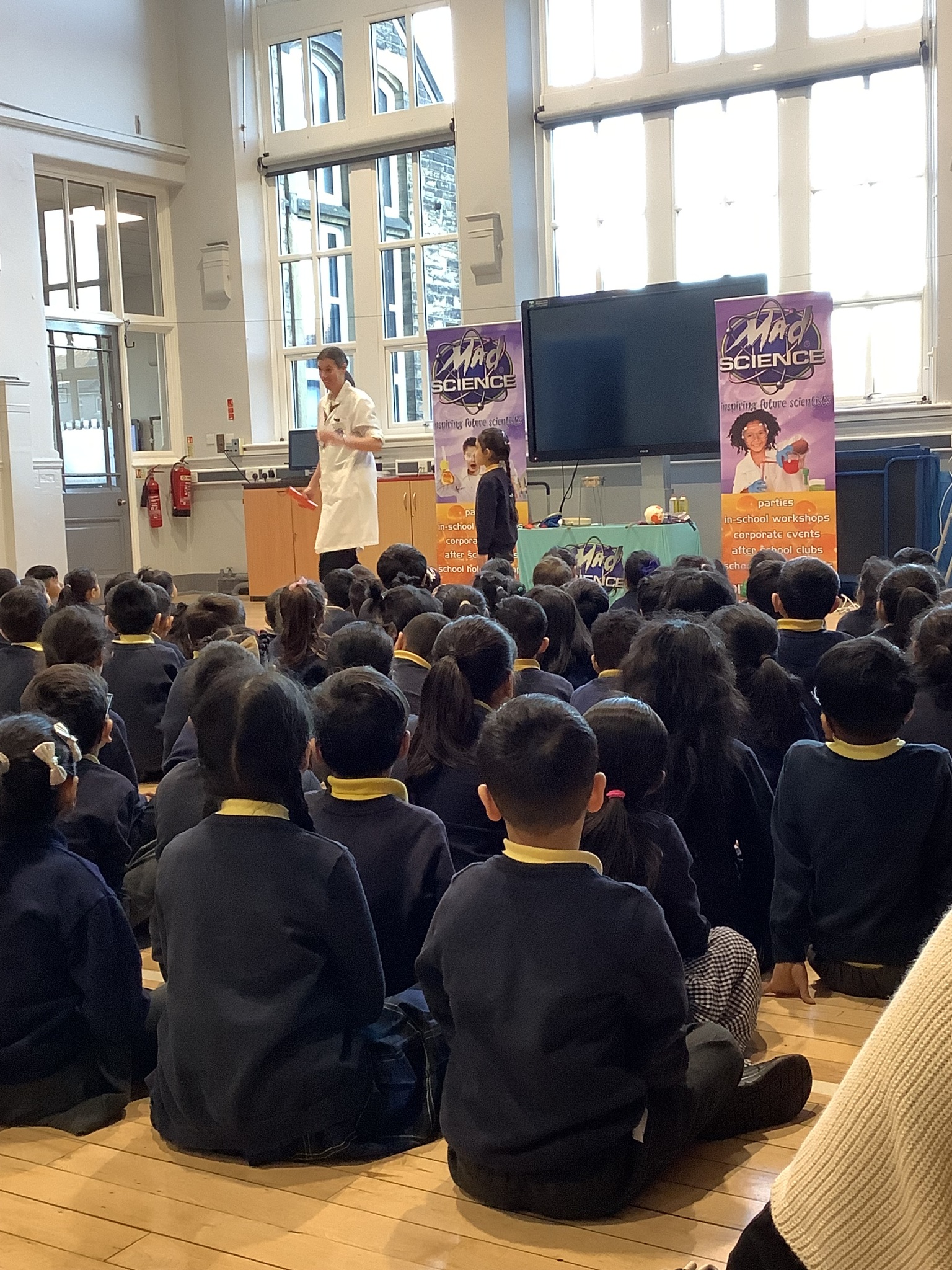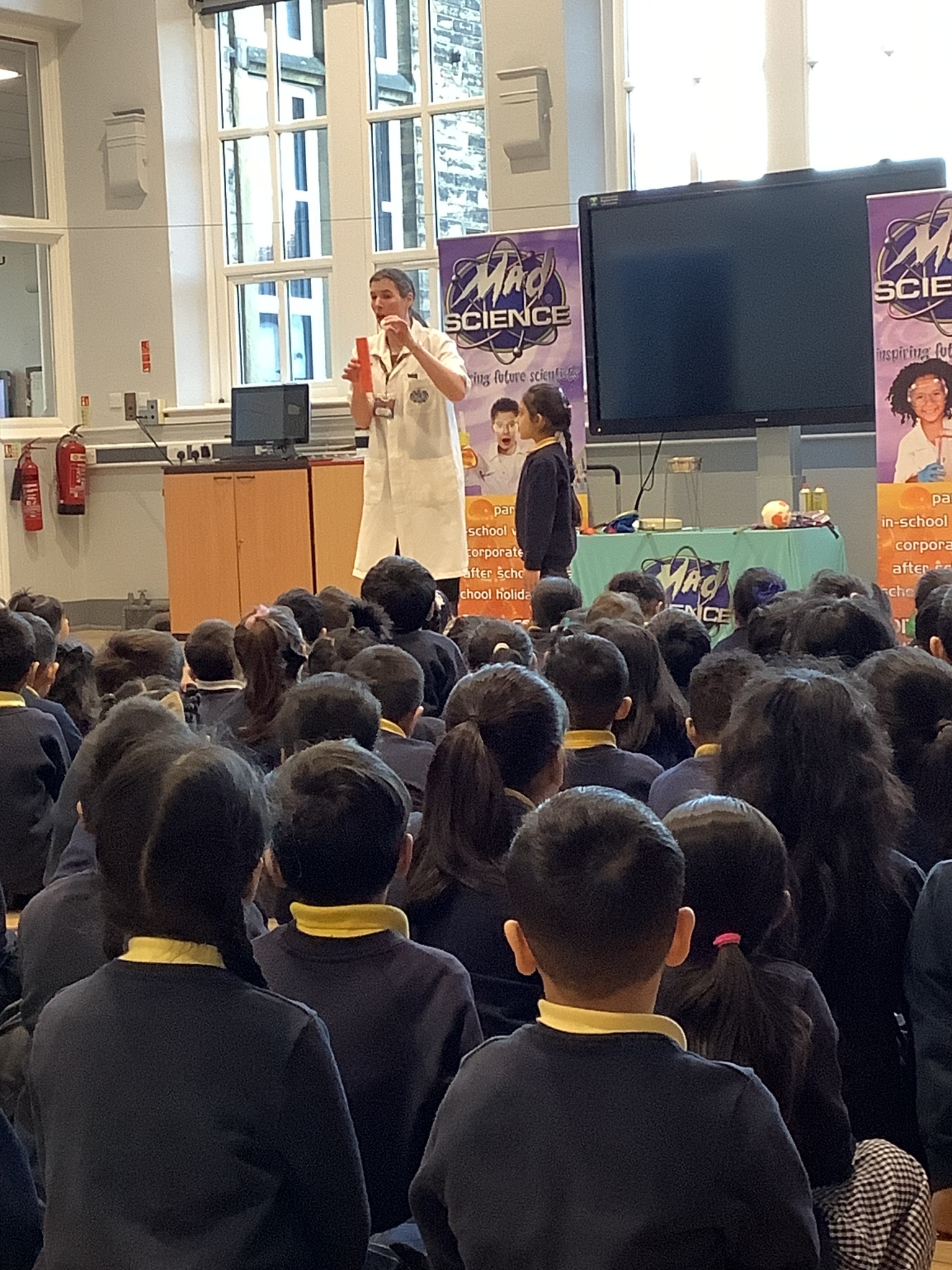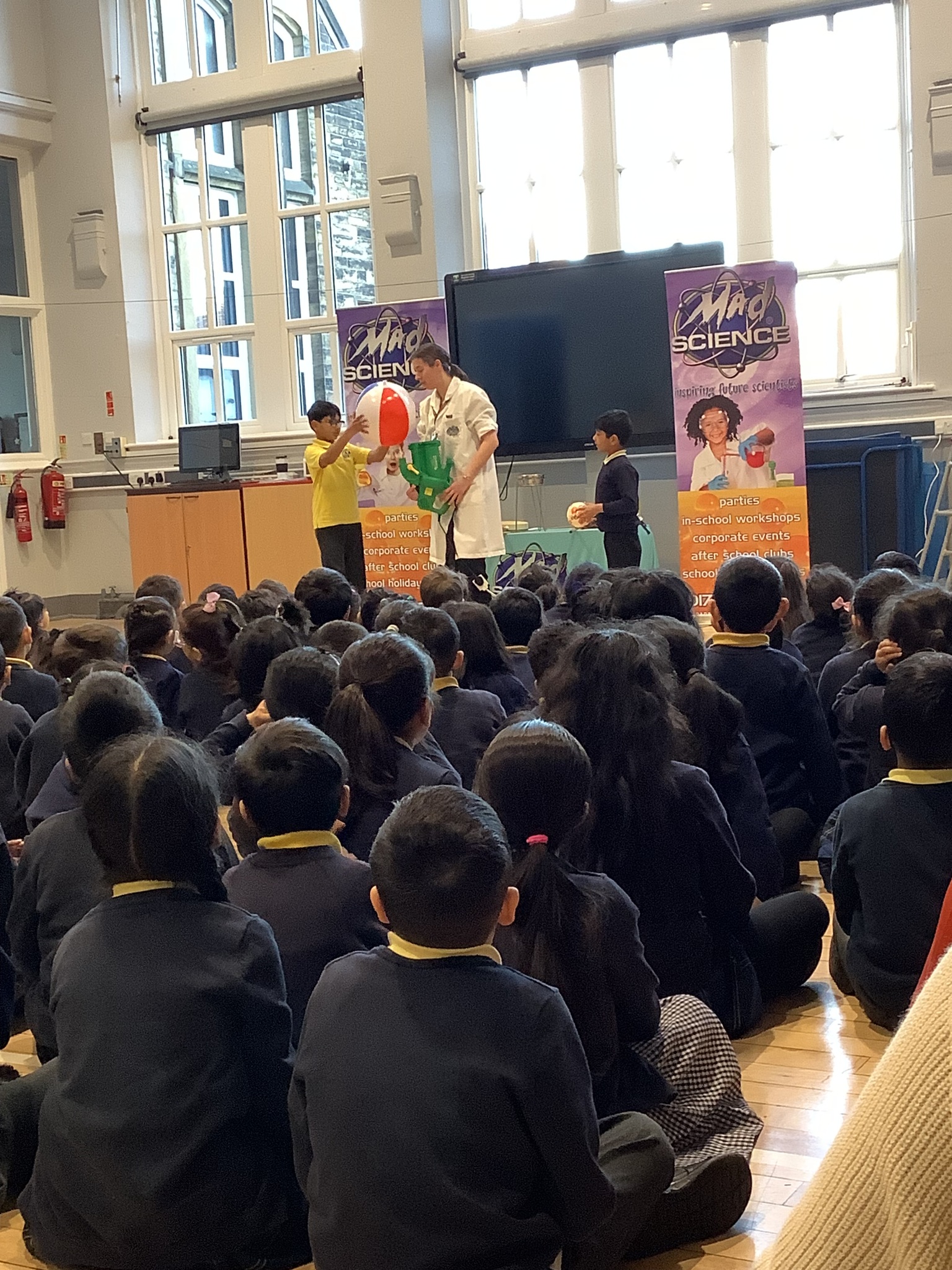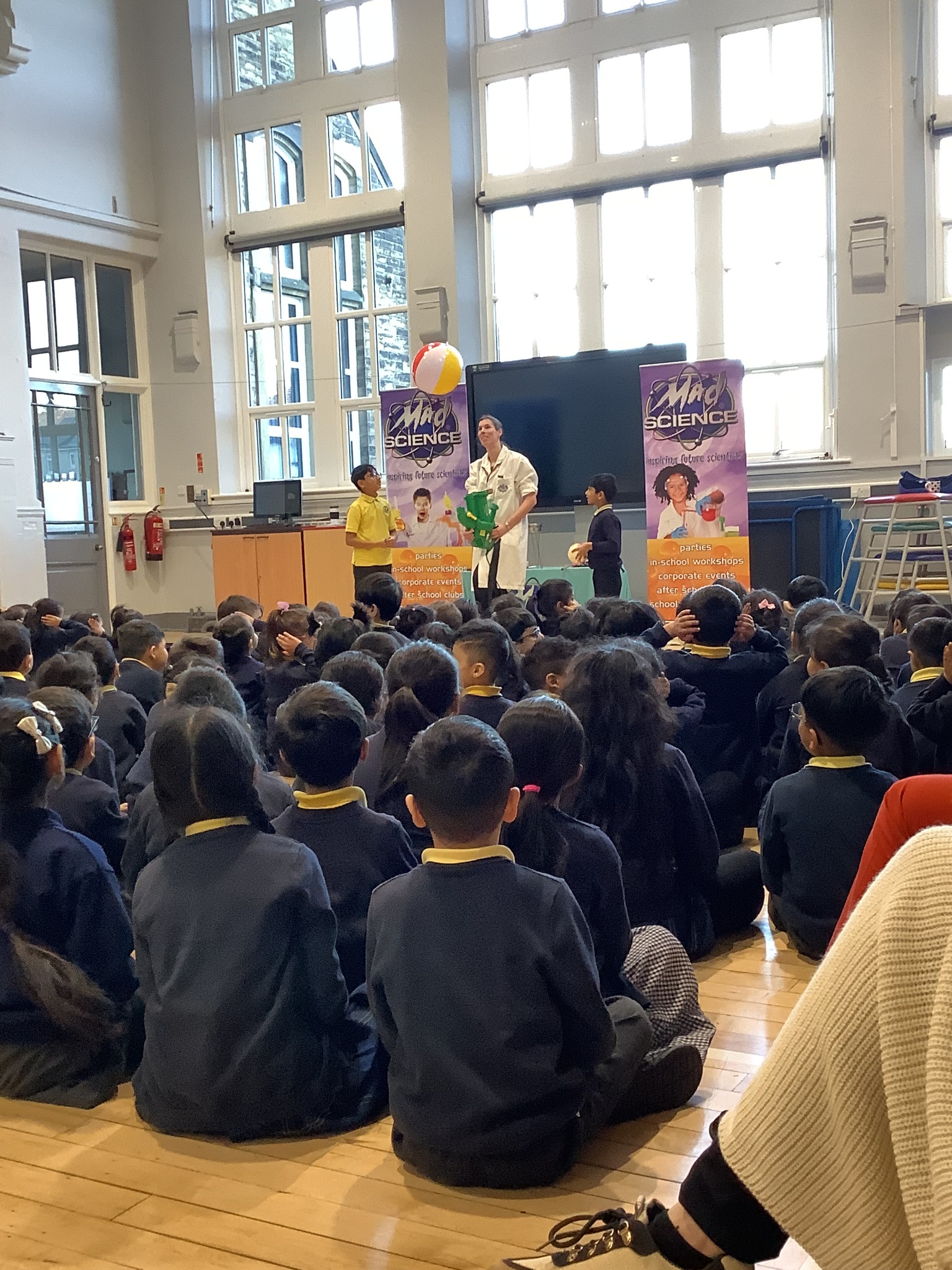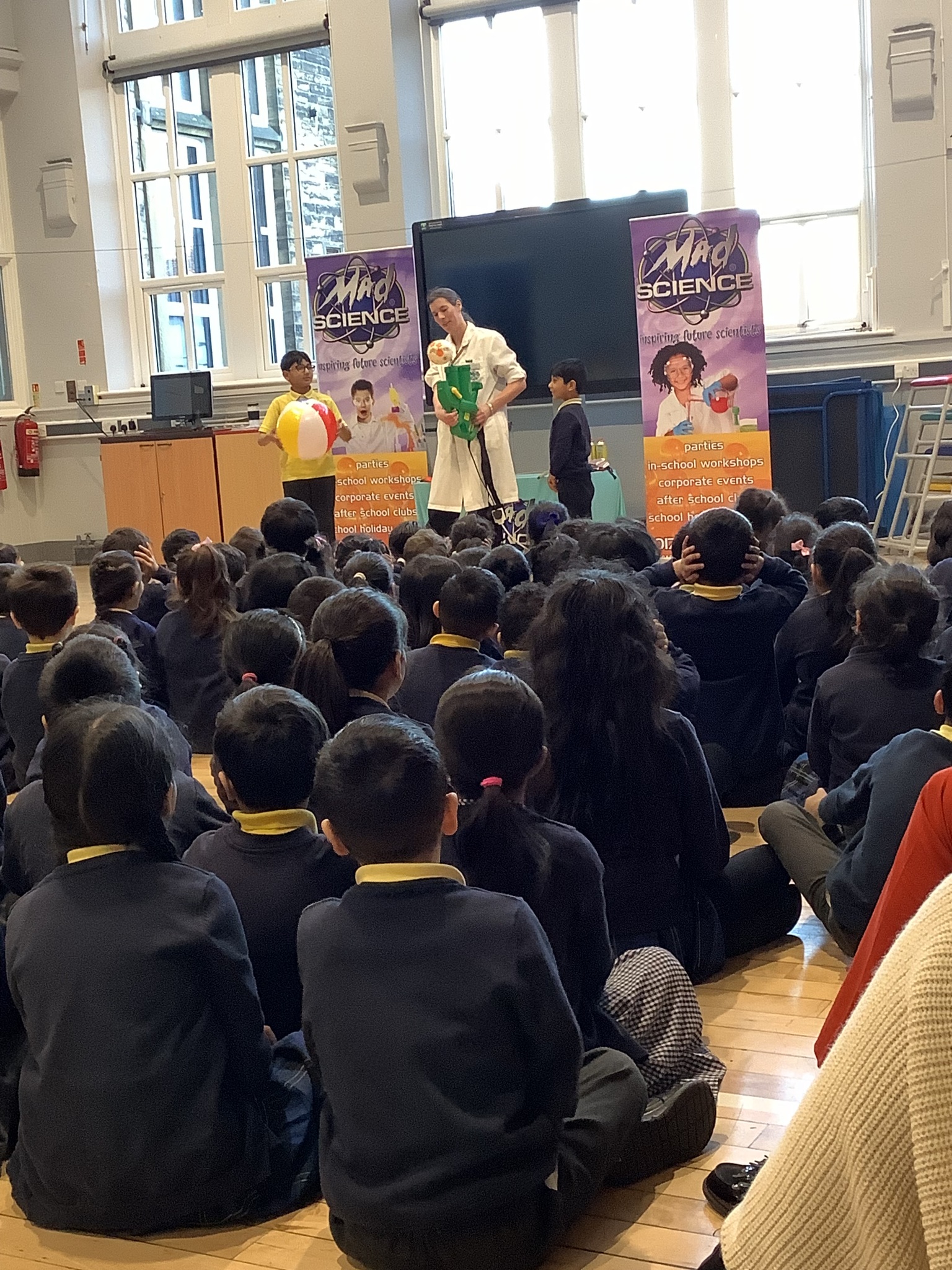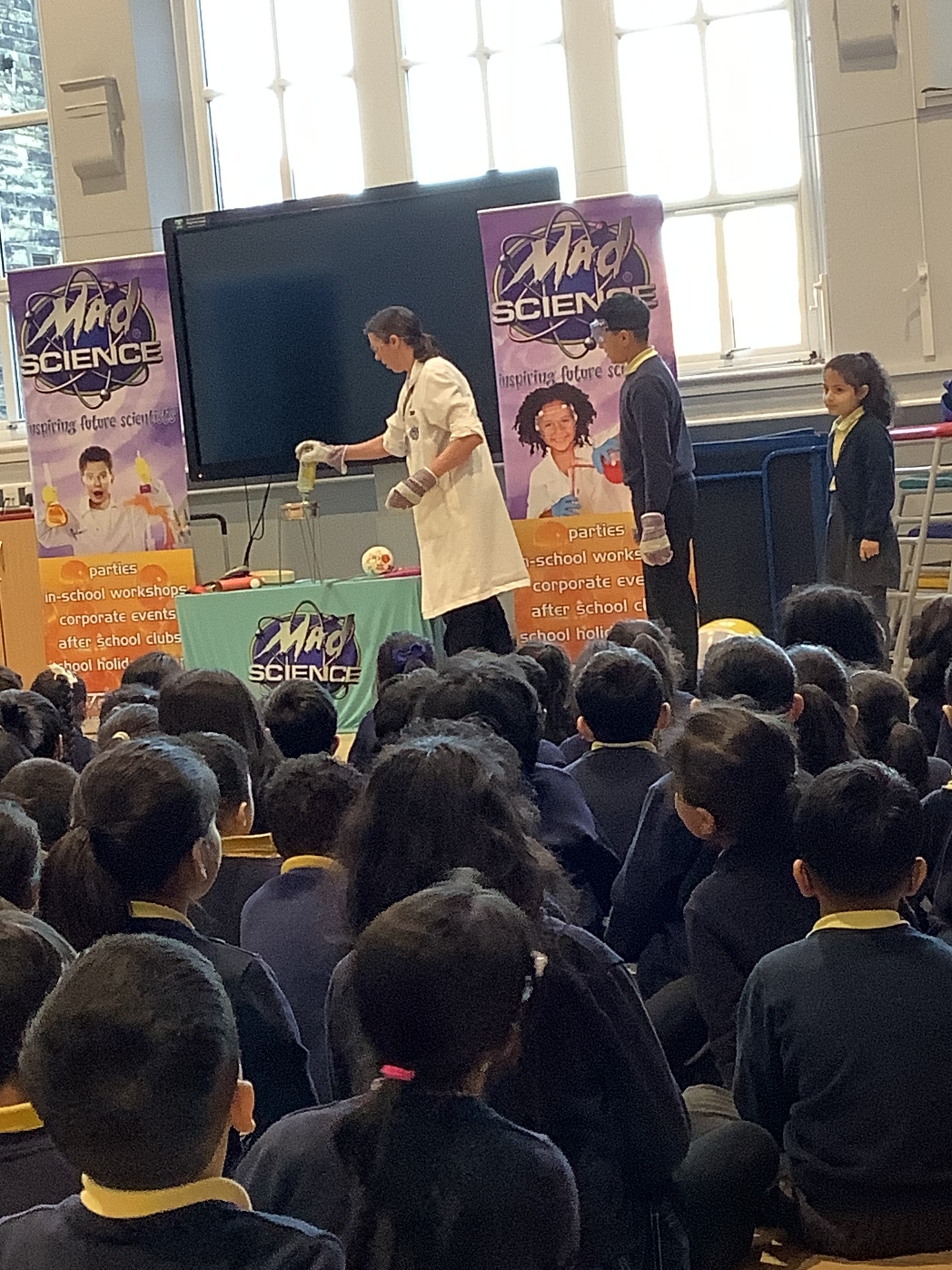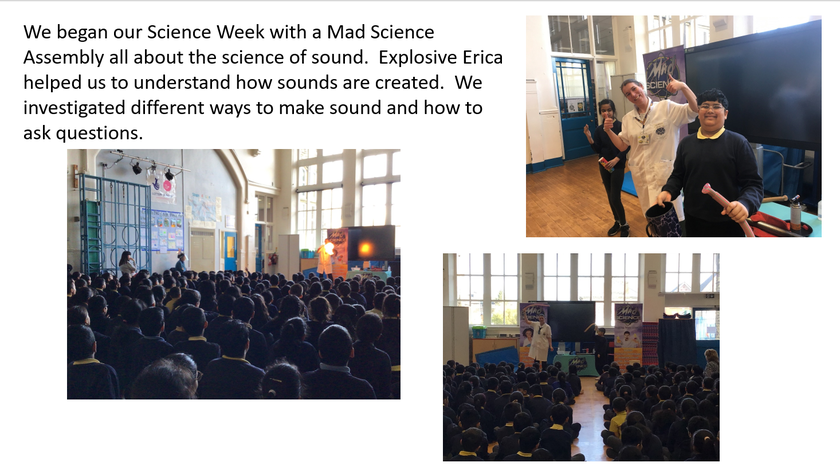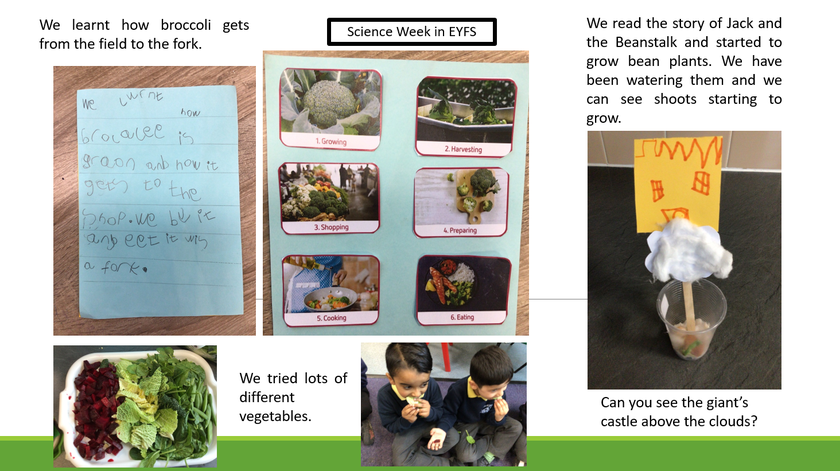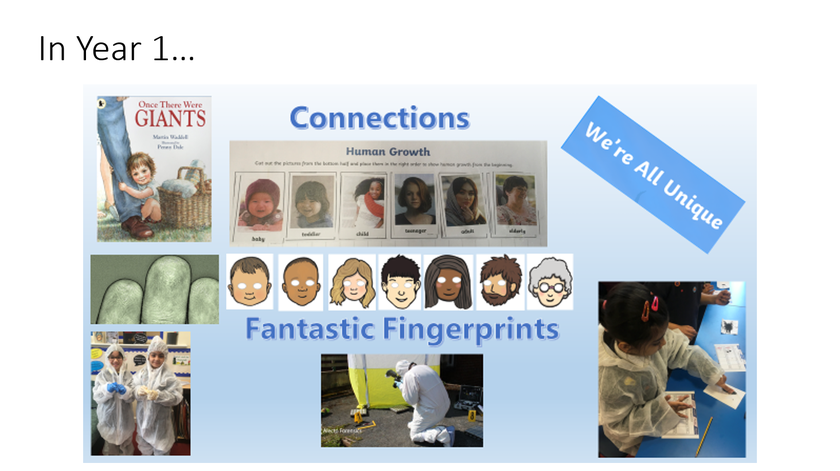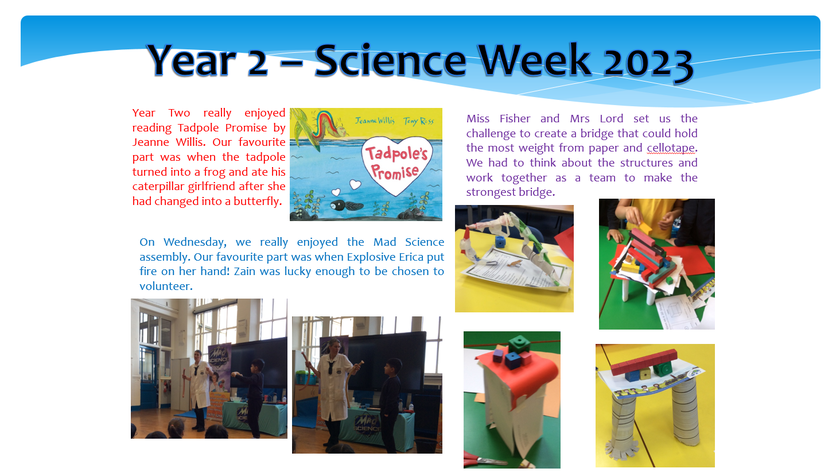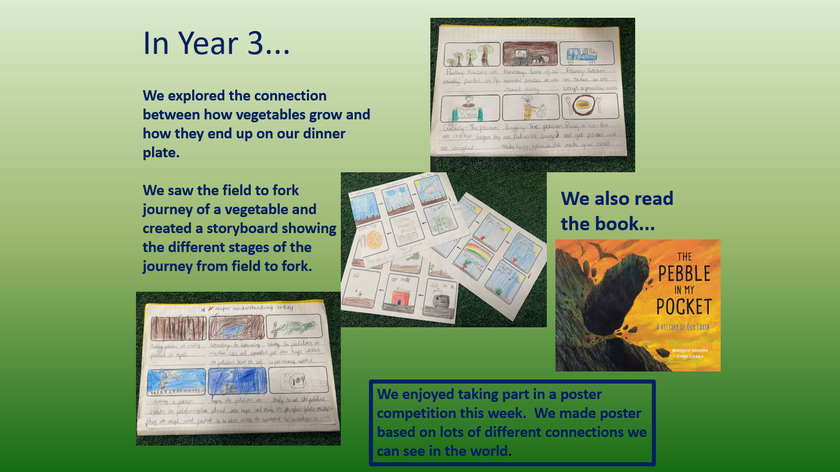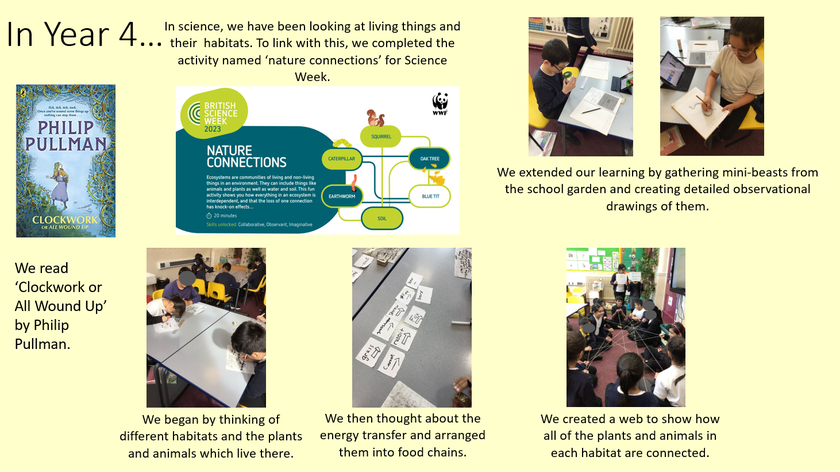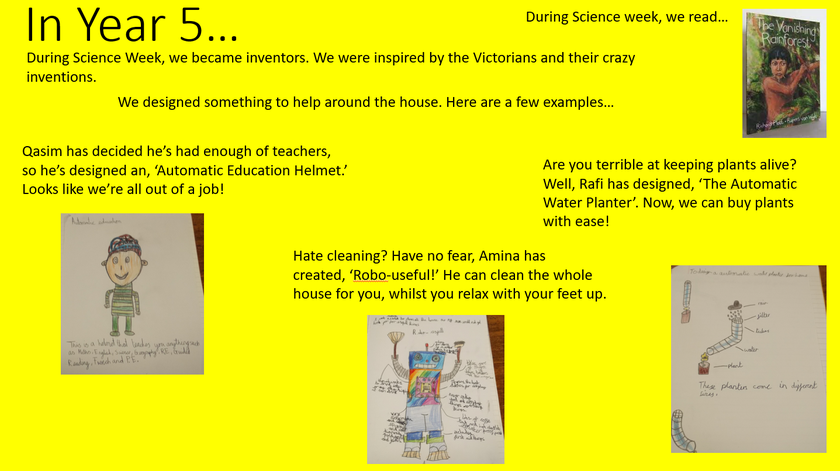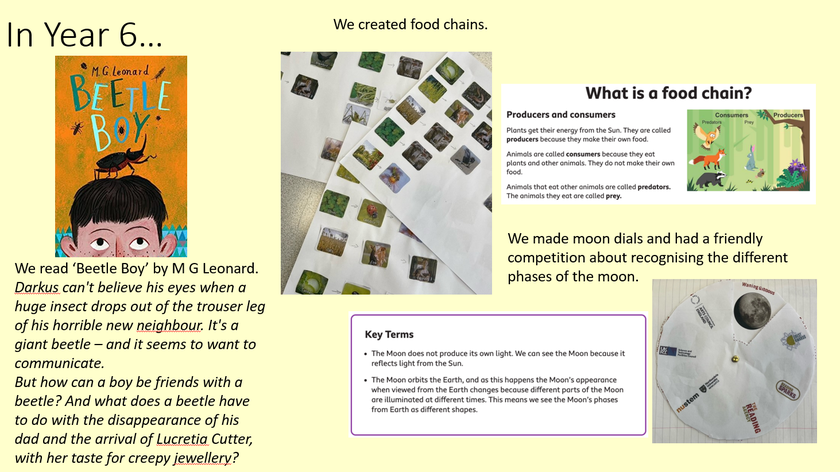Intent
A high-quality Science education provides the foundations for understanding the world through the specific disciplines of Biology, Chemistry and Physics. Science has changed our lives and is vital to the world’s future prosperity, and all pupils should be taught essential aspects of the knowledge, methods, processes and uses of Science. Through building up a body of key foundational knowledge and concepts, pupils should be encouraged to recognise the power of rational explanation and develop a sense of excitement and curiosity about natural phenomena. They should be encouraged to understand how Science can be used to explain what is occurring, predict how things will behave, and analyse causes.
The aim of our Science Curriculum is to stimulate children’s curiosity in finding out why things happen in the way they do. Pupils are taught and encouraged to ask scientific questions and begin to appreciate the way Science affects their lives on a personal, national, and global level. From the moment pupils enter Bradley Primary School, they will acquire specific skills and subject knowledge to gain an understanding of scientific processes and an understanding of the purpose and implications of Biology, Chemistry, and Physics.
Science in our school will harness the natural curiosity of children in the Early Years Foundation Stage, promote respect for living organisms and the natural environment and ensure that our children will acquire scientific knowledge. We want them to be able to retain what they know and recall what they’ve learnt in subsequent year groups, so becoming more knowledgeable and independent learners as they progress through the key stages. Through being actively engaged in the subject matter and learning, pupils see a purpose to their knowledge, which builds a desire to keep learning. New knowledge is acquired through an active discovery, discussion and questioning approach and learning is layered over the year and spiralled across years. Prior learning is made explicit as well as revisited, and spacing is used to make learning ‘sticky’.
Implementation
Teachers create a positive attitude to Science learning within their classrooms and reinforce an expectation that all pupils are capable of achieving high standards in Science. Our whole school approach to the teaching and learning of Science involves the following;
- Science is delivered through lessons which promote depth in the teaching and learning of each Science strands Biology, Chemistry and Physics. Every unit includes a strong focus on the skills of scientific inquiry through an investigative and exploratory approach that makes learning meaningful and memorable. Children will take away a deep understanding of both Science content and scientific method.
- Bradley Curriculum documents provide a broad but comprehensive experience of primary Science that systematically covers the objectives of the National Curriculum for England.
- Science lessons focus on the key features of scientific enquiry, so that children learn to use a variety of approaches to answer relevant scientific questions. These types of scientific enquiry include observing over time; pattern seeking; identifying, classifying and grouping; comparative and fair testing (controlled investigations); and researching using secondary sources.
- Children are encouraged to ask their own questions and be given opportunities to use their scientific skills and research to discover the answers. This curiosity is celebrated within the classroom.
- We build upon the knowledge and skill development of the previous years. As the children’s knowledge and understanding increases, and they become more proficient in selecting, using scientific equipment, collating and interpreting results, they become increasingly confident in their growing ability to come to conclusions based on real evidence.
- Working Scientifically skills are embedded into lessons to ensure these skills are being developed throughout the children’s school career and new vocabulary and challenging concepts are introduced through direct teaching.
- Activities are planned to meet the needs of all pupils. Differentiation is achieved through careful planning and organisation. Learners should be supported and challenged to progress within Science.
EYFS
- Play underpins the delivery of all the EYFS. Within a secure and challenging environment with effective support, children can explore, develop and experiment as they play to help them make sense of the world.
- The EYFS strand ‘Understanding the World’ leads directly to scientific elements of the curriculum and leads to more formalised Science learning in KS1 and then KS2.
Impact
This curriculum design ensures that the needs of individual and small groups of children can be met within the environment of high quality first wave teaching, supported by targeted, proven interventions where appropriate. In this way it can be seen to impact in a very positive way on children’s outcomes. Enjoyment of the curriculum promotes achievement, confidence and good behaviour. Children feel safe to try new things. High quality visits and visitors to the school enhance the curriculum and provide opportunities for writing for a purpose.
The successful approach at Bradley Primary School results in a fun, engaging, high-quality Science education that provides children with the foundations and knowledge for understanding the world. Through various workshops, trips and interactions with experts and local charities, children have the understanding that Science has changed our lives and that it is vital to the world’s future prosperity.
From the exposure to a range of different scientists from various backgrounds, all children feel they are scientists and capable of achieving. Children at Bradley Primary School enjoy Science and this results in motivated learners with sound scientific understanding.


